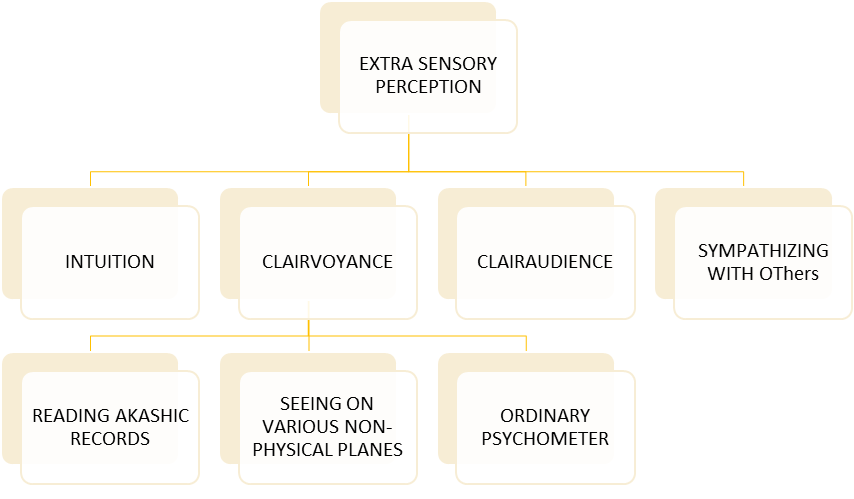14 Traits of Successful People: How They Think, Act, and Lead
Success is an eventual outcome of what may be called as the right mindset. In this blog, we dwell on that constitutes the right mindset, habits, and how one engages with the world that sets the right genesis for sustainable success and greatness.
When we look at truly successful people, we find that they often embody specific traits that allow them to flourish personally and professionally. These traits not only shape their path to success but also enable them to live fulfilling, balanced lives.
Here are 14 key traits of successful people and how you can cultivate them in your own life:
- They Celebrate the Success of Others
Successful people don’t feel threatened by the achievements of others. Instead, they celebrate those successes, understanding that someone else’s win does not take away from their own. By uplifting those around them, they encourage positive relationships and inspire others, which often comes full circle in their own success.
- They Don’t Take Things Personally
Resilience is a key for success, and successful individuals know how to separate themselves from external judgments, criticism, or negativity. They don’t take things personally, allowing them to stay focused on their goals without being derailed by others’ opinions.
- They Don’t Make Assumptions
Assumptions can lead to misunderstandings and missed opportunities. Instead of jumping to conclusions, successful people seek clarity and open communication. By avoiding assumptions, they make better decisions and build stronger, more trusting relationships.
- They Avoid Jealousy and Envy
Jealousy and envy can be toxic emotions that hinder personal growth. Successful people understand this and choose to focus on their own journey rather than comparing themselves to others. By staying in their own lane, they foster a mindset of abundance rather than scarcity.
- They Keep an Open Mind
In a constantly changing world, adaptability is key. Successful people keep an open mind, always ready to learn something new, try a different approach, or consider a fresh perspective. This openness allows them to seize opportunities and grow continuously.
- They Practice Gratitude
Gratitude is a cornerstone of long-term success. By focusing on what they have rather than what they lack, successful people cultivate a positive mindset. Gratitude keeps them grounded, appreciative of small victories, and resilient in the face of challenges.
- They Act with Intention
Successful people don’t leave their lives up to chance. Every decision and action is purposeful, aligned with their goals and values. By acting with intention, they make steady progress toward their objectives while maintaining a clear sense of direction.
- They Speak Honestly
Honesty allows space trust and respect. Successful people understand the importance of speaking truthfully, even when it’s uncomfortable. By being direct and transparent, they build credibility and strong, lasting relationships.
- They Avoid Gossip
Gossip erodes trust and damages relationships. Successful individuals steer clear of it, focusing instead on meaningful conversations and actions that build people up rather than tear them down. They value integrity and respect over idle chatter.
- They Forgive
Holding onto grudges only weighs a person down. Successful people practice forgiveness, letting go of past hurts and moving forward with a clear heart and mind. They understand that forgiveness is more about freeing themselves from negativity than about the other person.
- They Listen
Listening is one of the most underrated yet powerful traits of successful people. Whether it’s in a meeting, a conversation with a friend, or while learning something new, successful people are present and attentive. By listening actively, they gain insights, build deeper connections, and avoid misunderstandings.
- They Give
Generosity is a hallmark of success. Whether through their time, knowledge, or resources, successful people are eager to give back. They understand that true success is not just about personal gain but about making a positive impact on the world around them.
Conclusion
Success is about more than just achieving goals—it’s about becoming the best version of yourself and contributing to the world in meaningful ways. These 14 traits of successful people show us that true success comes from a combination of mindset, values, and intentional actions.
By celebrating the success of others, practicing gratitude, staying open to learning, and leading with love and honesty, we can not only achieve our personal goals but also inspire and uplift those around us. Success is not just a destination; it’s a way of life, shaped by how we choose to engage with the world every day.

